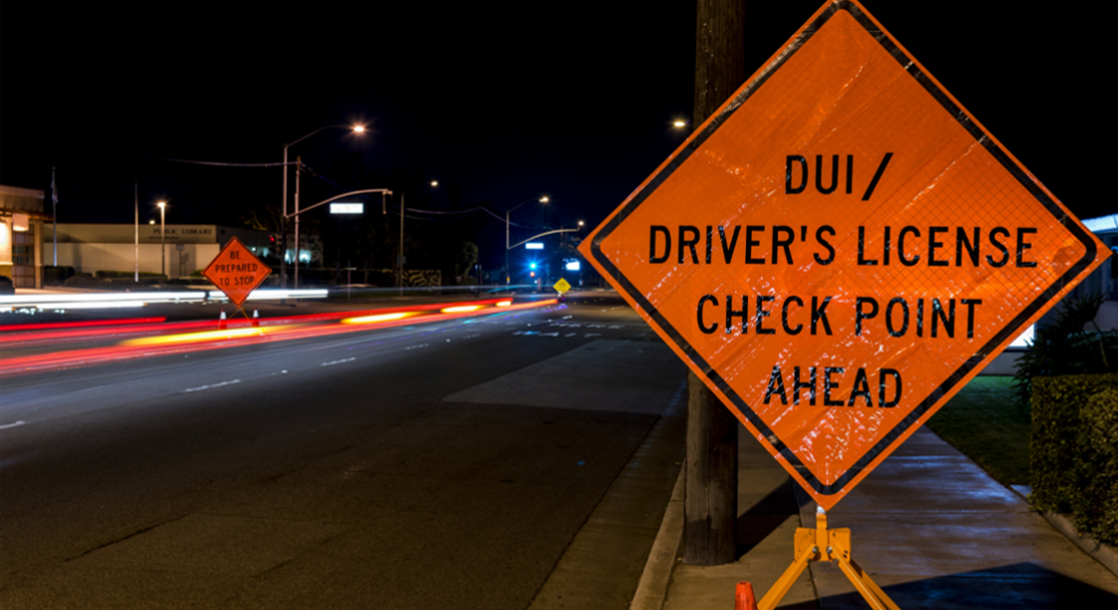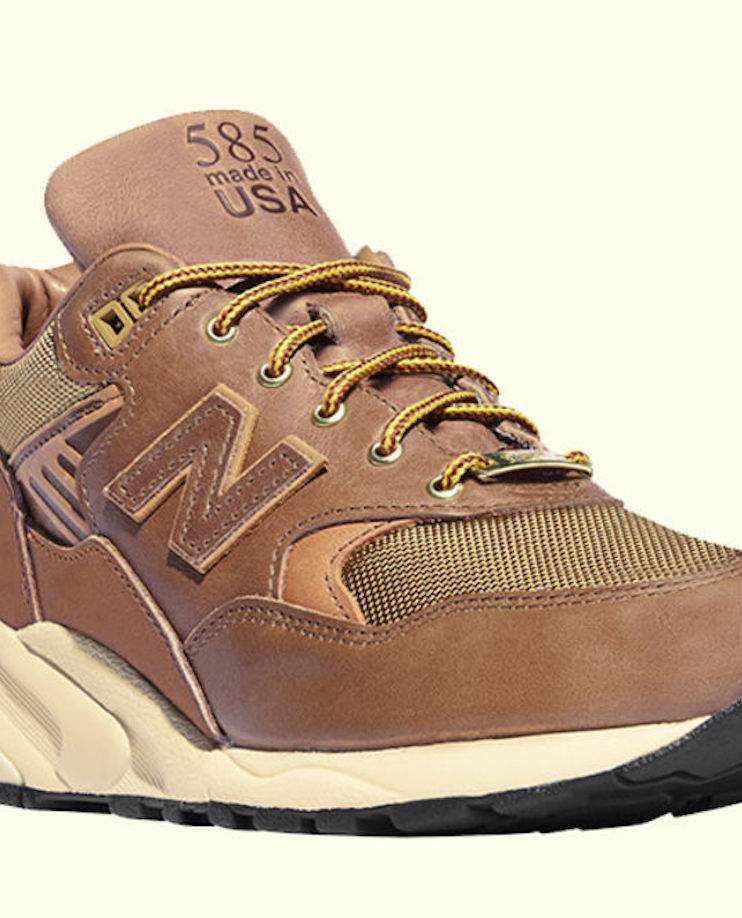Across Canada, law enforcement are working overtime to prepare for a potential increase in drugged driving once the country legalizes recreational cannabis next week. While smoking in vehicles remains prohibited throughout the country, each province has its own rules and regulations regarding impaired driving and possession of weed in cars, and police officers will now be tasked with enforcing these laws while also identifying drivers that might be too stoned to operate their vehicles safely.
The issue of cannabis-impaired driving has been a contentious one, with some conflicting studies reporting rises in pot-related accidents, while others show no such increases. In Colorado, a 2016 survey found that 57% of cannabis users said they have driven within two hours of getting high. A more recent survey found that 70% of Colorado cannabis users had driven stoned at least once in the past year, while 40% felt that weed didn’t impair their driving ability.
Another complication in the issue of drugged driving enforcement is the lack of a standardized test for cannabis intoxication. Breathalyzer tests can determine a driver’s current blood alcohol level, but THC and other cannabinoids can remain in a user’s bloodstream for weeks, making blood and urine tests ineffective for determining current intoxication levels. Cannabis-testing technology is currently advancing, however, and the Canadian government is purchasing new roadside devices that allow officers to swab a driver’s mouth and detect the immediate presence of cannabis, which could be made available to police as soon as this month.
Until these saliva tests are fully implemented, law enforcement will be relying on “drug recognition experts” (DRE) to identify impaired individuals. Throughout Canada, 833 officers have been certified in a DRE program after traveling to Jacksonville, Florida to study with U.S. police. “It is a challenging course,” Royal Canadian Mounted Police (RCMP) Sgt. Ray Moos said to the Toronto Star. “The course really assesses how drugs affect human physiology. Officers have to be competent with knowing a lot of different drugs and what category of drugs those drugs would fall under, and how those drugs affect the body.”
Individuals arrested under suspicion of stoned driving will be taken to a local police station to be evaluated by an officer trained as a DRE. During the 45-minute evaluation, suspects are asked to perform a 12-step physical evaluation to identify possible motor ability impairment. Drivers who fail these assessments could be required to take a blood test, which requires a separate trip to a hospital or medical center. The RCMP said that the “frequency with which this demand is used will be dependent on the jurisdiction in which the offence takes place and the mechanisms in place to facilitate a blood draw,” the Star reports.
In addition to recognizing impaired drivers, Canadian police must also enforce their province’s laws regarding cannabis possession in vehicles. In Ontario, a new bill would prohibit drivers from possessing loose joints or open bags of weed in automobiles. Brian Gray, spokesperson for the Ontario Ministry of the Attorney-General, told The Globe and Mail that the bill would allow weed to be transported in a vehicle only if it is “in its original packaging and has not been opened – or is packed in baggage that is fastened closed or is not otherwise readily available to any person in the vehicle.”
Cannabis smoking or vaping while driving is prohibited throughout the country, but punishments will vary from province to province. In British Columbia, a first offense can lead to a C$5,000 fine and/or three months in jail. B.C. law enforcement have said that they intend to issue tickets for possessing loose weed products in vehicles, however, rather than arresting offenders, but have not yet decided the fine for this offense. Ontario has also not announced their fines for vehicular cannabis offenses, but Gray said that the province has proposed allowing “non-smoking and non-vaping forms of consuming medical cannabis by a medical cannabis user who is a passenger in a vehicle or boat.”











